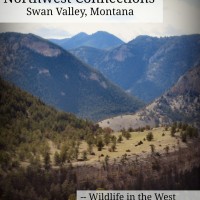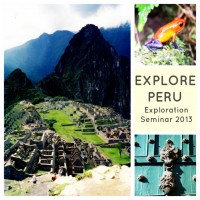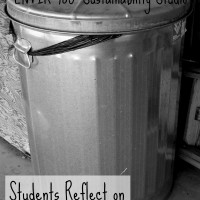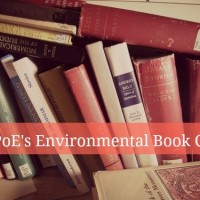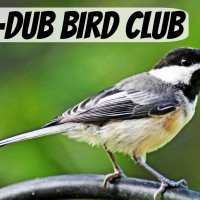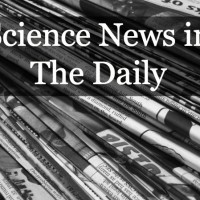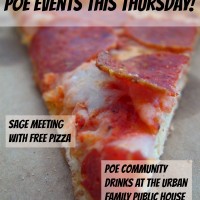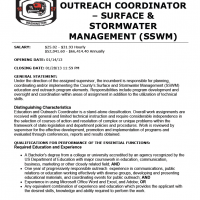Posted by Carlos Cruz, student in Winter 2013 ENVIR 480
This past week I took part in the Zero Waste Week Experiment, from January 13th to January 18th and I must say that it was quite a challenge. One of the reasons this week was challenging was because I was sick with a cold and usually I go through boxes of Kleenex when I get sick. This time around I used a towel and cleaned it every few days. I don’t keep track of the numbers of tissues I use when I get sick but this week I must have cut down their numbers by at least 80% because of the simple decision of using a towel. In addition I used my metal water bottle more frequently and even managed to save money by simply drinking tap water. These strategies are not new and as a matter of fact plenty of people on campus have their own water bottles; however during the days of Zero Waste Week I realized just how much trash we put into bins. Putting things in their right bins became kind of an obsession for me. There is no way to lose the Zero Waste challenge but every paper or food scrap that found itself in the trash or compost bin felt like a loss.
In 2011, 57% of our waste was diverted from landfills. Our current goal is 70% diversion by 2020. To see how much compostable/recyclable material we’re still sending to the landfill, we analyzed a sample of our garbage in the April, 2011 ‘Trash-In’. We found that roughly 2/3 was recyclable or compostable, which means we have the potential of diverting even more waste from the landfill.
As the week progressed I thought about a chart I saw UW Environmental Stewardship and Sustainability website that showed how much of the UW’s trash goes to the landfill.
We are slowly approaching our goal of diverting 70% of our trash but there is still much to be done. The act of simply using a towel or a personal water bottle decreases how much trash is produced at the personal level and I was thinking about how the same concept could be applied to the residence halls.
Many of the students that frequent dining locations, like McMahon’s The 8, live a few stories above from where they eat. Yet despite how close they are I do not see many of them using their own utensils. I understand it might be hard for someone to cross campus with his own plate, forks and spoons but for someone that lives right on the same building it shouldn’t be a problem. In this area I think the UW campus still has a lot of room for improvement. We need to encourage all of our students to decrease waste and any strategy that has the potential to do so is worth a shot. We could start with Bring Your Utensils Day. Get 15% off a single purchase if you brought your own utensils. I’m hoping that in the future we can see the dining halls promoting the use of personal eating utensils. Doing so not only cuts down trash in the residence halls, it encourages students to be sustainable.
One obstacle that I believe could present itself in this strategy is increased water usage. If we’re all bringing in our own utensils we might use more water than is necessary to clean them and sink drains in the floors might be clogged. Lines might form as students try to clean their own plates and cups. It’s certainly not a perfect strategy but I’m glad that the Zero Waste Week made me think about ways I could make my campus better. That’s also another effect the experiment had on to me. While I was obsessing about where each piece of trash went, I was also thinking about the people the individuals that seldom think about sustainability.
In my time at the UW’s Program of the Environment major, sustainability has being part of my curriculum almost every quarter. Yet when I was a freshman, still trying to learn how college worked, I rarely paid attention to the specifics of sustainability. I knew where cans went and that food was compostable but it wasn’t part of who I am like it is now. The UW should make sustainability part of everyone’s life and make sure they see it everywhere they go. This quarter I will be working in a project for my class ENVIR 480 which will focus on strategies that will target waste disposal on campus. It would be great if everyone on campus knew about the benefits of projects like these and sustainability. A project, in my opinion, is only as good as the supports it gets from the public. And right now we need people to be fully aware of what sustainability is and how they can do their part. In the Journal of Education for Sustainable Development, Jennifer McMillin and Rob Dyball make the point that “student engagement in sustainability initiatives raises the profile of the projects and in turn helps raise awareness of campus sustainability amongst the broader student and academic population.” If a student already knows what sustainability is, they’ll be motivated to continue on with their lifestyle because they know they’re making a difference on campus. And in the event the student doesn’t know, he or she will be interested in knowing more about what sustainability is and how they can be a part of it. I was thinking a few days ago that there should be posters on campus similar to Uncle Sam recruiting posters. They should show Uncle Dub’s telling students in various languages I Want You to Compost! Contact your nearest compost station! It might sound silly and it might even bring up political tension in campus but we have to think outside of the box and try new strategies. Like I said before, any strategy that has the potential to decrease campus waste is worth trying.
Sources:
Sustainability Metric: Landfill Reduction. (n.d). Retrieved January 21, 2013, from http://f2.washington.edu/oess/profile/landfill-reduction
Mc Millin, Jennifer, Dyball, Rob. (2009). Developing a Whole-of-University Approach to Educating for Sustainability. SAGA Publications, 3(1), pp. 55-64.
More posts can be read on the ENVIR 480 class blog: http://envir480.tumblr.com/
